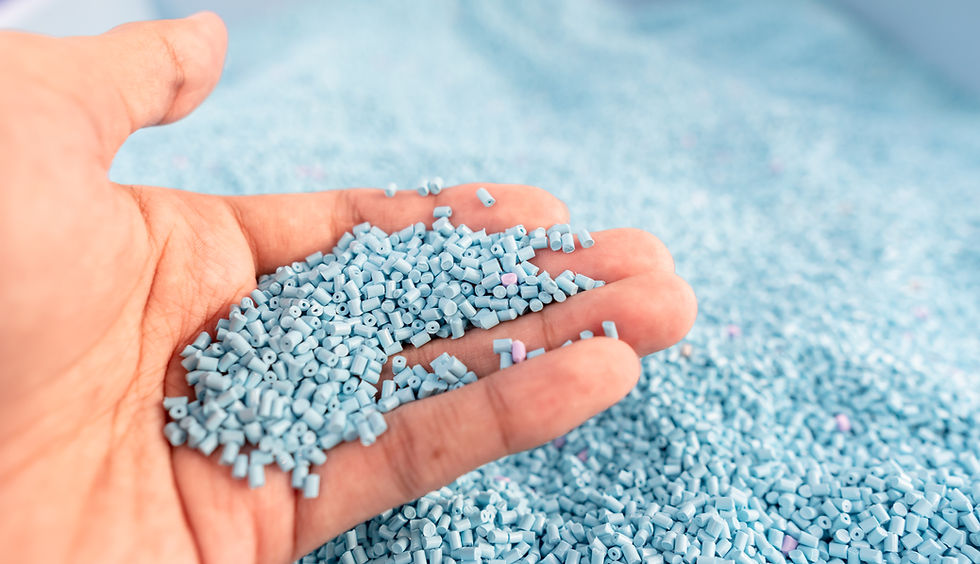An online marketplace is revolutionizing the recycling industry
- Joan Ubide
- May 2, 2023
- 3 min read
Updated: May 14, 2024

Over 2,000 Companies Buy and Sell Recycled Plastic at This Online Marketplace
Christian Schiller, an activist-entrepreneur, has established the world's largest online platform for long-distance carpooling, BlaBlaCar, in Germany. After taking a year off to travel the world, he stumbled upon a garbage patch of several hundred meters long while sailing between Colombia and Panama. This incident inspired him to start Cirplus in the final months of 2018, an online platform that aims to solve one of the world's most pressing problems - the plastic crisis.
Schiller's idea is simple yet innovative - to connect recycling companies with manufacturers and distributors to close the loop. However, the low level of digitalization and the opaque market for different kinds of plastics make it difficult to get an overview of the available material. Cirplus uses its own software to follow the material across the globe and create transparency for buyers and sellers of recyclates. The platform, which Schiller hopes will one day be the Amazon for recycled plastic, currently has 2,500 users, including packaging giants that handle big labels.
In a recent interview, Schiller emphasized that Cirplus is only one piece of the puzzle in the complex process of handling the trash crisis. Despite recent advances in local and national laws, plastics production continues to grow. By 2050, plastic production is estimated to hit more than one billion tons per year. With this amount of plastic, the amount of plastic trash grows as well - currently, 240 million metric tons per year, according to the World Bank. Barely five percent gets recycled, and the US tops the world at 287 pounds of plastic waste per person per year, according to a 2020 estimate.
Recycling plastic is one of the most urgent yet challenging tasks as it is one of the most difficult materials to recycle due to its various components. However, reducing and recycling the material is crucial. The recent train disaster in East Palestine, Ohio, raised public awareness about the often highly toxic additives involved in plastic manufacturing. Schiller was perplexed after starting Cirplus when plastic manufacturers openly admitted that they didn't know where their plastic trash ended up. In Europe, eight to 15 million tons of plastic trash have an unknown fate, while at least 14 million tons of plastic end up in the oceans every year.
New legislation aims to change this trend. Starting in 2030, the EU will force companies to use a percentage of recycled plastic in their manufacturing, not just virgin plastic. Schiller believes that it is unfair that the industry was allowed to keep the profits while passing on the environmental costs to everyone else. Exxon, the world's largest producer of virgin polymer derived from petrochemicals, just announced a record $56 billion in earnings for last year.
Schiller is a global diplomat for plastic recycling. He once studied law and international relations with the goal of becoming a career diplomat, but an internship in the German embassy in Washington, DC made it clear to him that bureaucracy was not his strong suit. With Cirplus, Schiller is bringing transparency and sustainability to the global society by making recycled plastic available to manufacturers worldwide.
Cirplus is a step towards achieving Sustainable Development Goals (SDGs) by reducing plastic waste and creating a more sustainable future. The platform brings the global society together to solve one of the most pressing issues of our time. Schiller's vision of a circular economy and the outsized value of plastic motivates him to make a difference in the world. Cirplus is a testament to his commitment towards sustainability and his efforts to create a more sustainable future.
